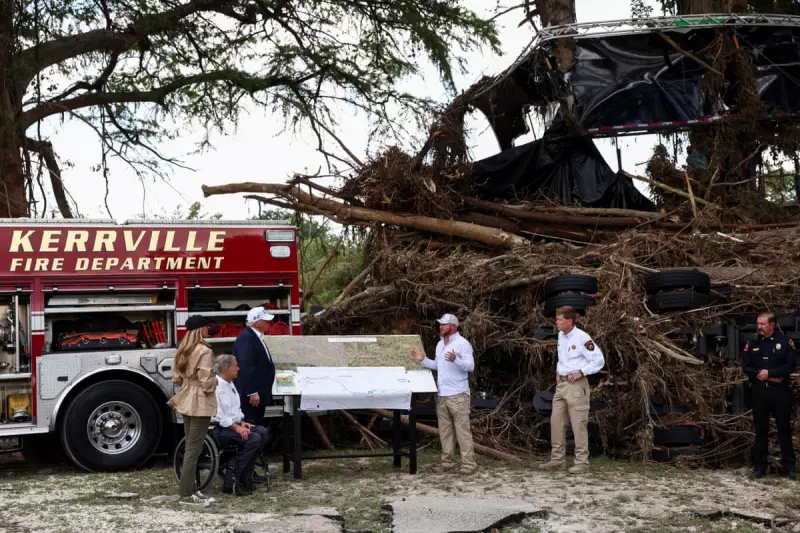
A startling federal climate assessment has exposed a significant surge in US greenhouse gas emissions during the previous Trump administration, directly contradicting global efforts to combat climate change. The report paints a troubling picture of environmental policy reversal during this period.
Key Findings: A Nation Moving Backwards
The comprehensive analysis reveals that US emissions increased by approximately 3.5% annually between 2017 and 2020. This upward trajectory marks a dramatic reversal from the previous decade's gradual decline and places the United States severely off-track from its Paris Agreement commitments.
Sector-by-Sector Breakdown
The report identifies several key areas where emissions spiked most noticeably:
- Energy Production: Coal-fired power generation saw a temporary resurgence following regulatory rollbacks.
- Transportation: Increased vehicle miles travelled and relaxed fuel efficiency standards contributed significantly to the rise.
- Industry: Manufacturing and industrial processes showed increased emissions due to weakened environmental oversight.
Global Implications and Reactions
Climate scientists and international bodies have expressed deep concern over these findings. The report suggests that this American regression has had a measurable impact on global emission curves, making worldwide climate targets increasingly difficult to achieve.
Environmental groups have condemned the policies that led to this reversal, while industry representatives have offered mixed reactions to the report's conclusions.
The Path Forward: A Critical Juncture
This assessment emerges as a crucial reference point for current and future administrations. It underscores the profound effect that executive decisions and regulatory frameworks have on the nation's environmental footprint and global climate leadership.
The report concludes that without aggressive policy correction, the United States risks not only environmental damage but also economic consequences as global markets increasingly favour sustainable practices.





